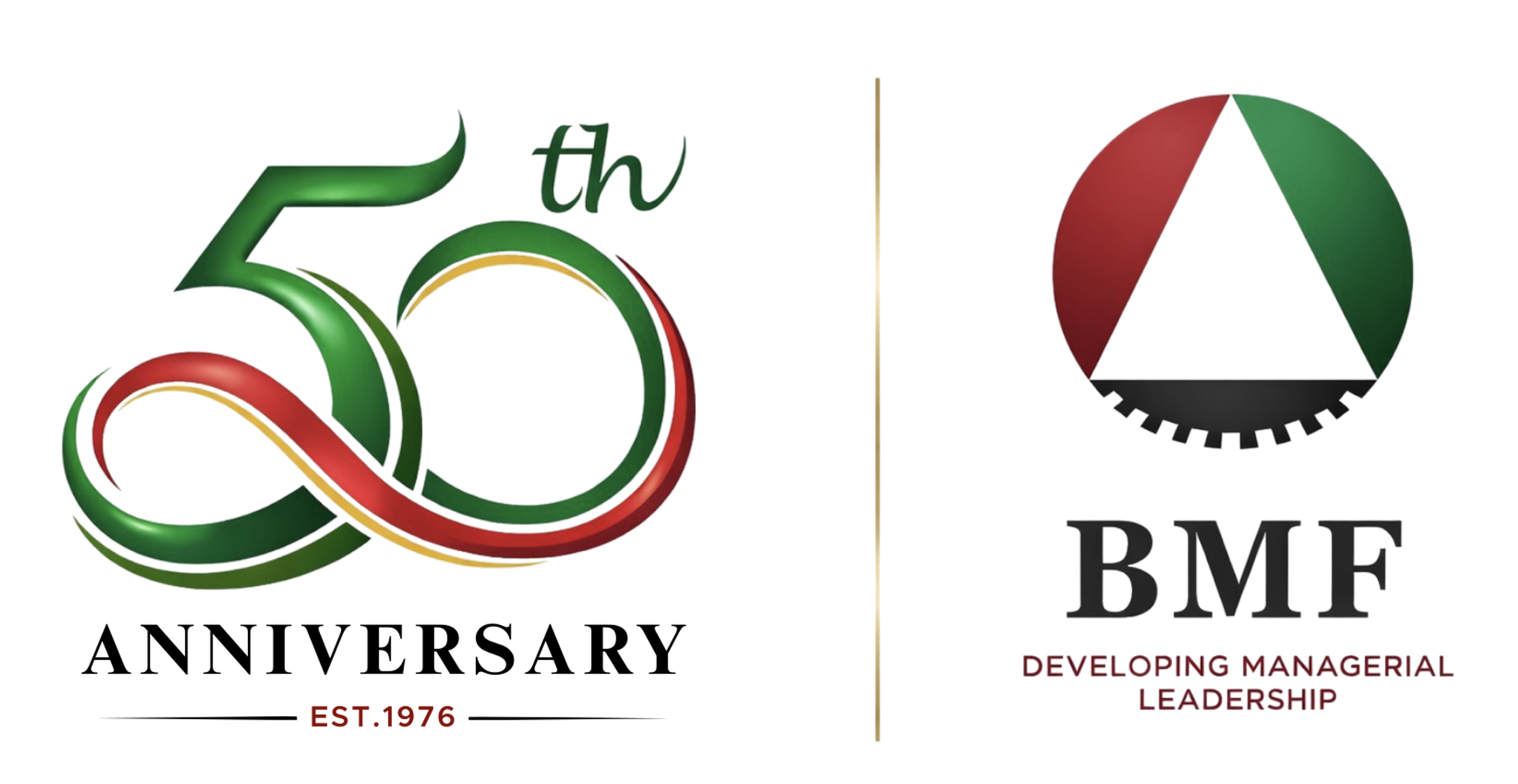Why Competition Matters? A Review of South Africa’s Anti-Competitive Policies and Their Importance for Social Transformation

What is competition and why does it matter? Economic competition creates an even playing field; it allows all economic entities- big and small- to enter the market, grow, innovate, and contribute to the economic growth and development of the country as a whole. Economic competition provides the basis for social inclusion, it allows everyone to access the economic opportunities that they need to reach their full potential. Inclusion increases social cohesion and resilience. When markets are inclusive and fair, businesses and individuals develop the capacity to support themselves and their society in good times and bad. Anti-competitive business practices negate market competition and hinder businesses from competing fairly. This negatively impacts society’s capacity to be inclusive, cohesive, and resilient and leads to high levels of inequality, poverty, and unemployment.
Anti-competitive practices include; collusion, price fixing, monopolistic practices, and abusing market dominance to shoulder out others (opportunity hoarding). Healthy competition is especially important in the South African context because of the country’s history of segregation. For hundreds of years prior to South Africa’s democratic dispensation, black South Africans were denied the opportunity to participate in the economy. Their economic options were limited to low-skilled labour and they were restricted from accessing mainstream urban markets through segregationist policies such as the Natives Land Act which saw thousands of black families forcibly moved to homelands and townships.
A number of policies such as the Employment Equity Act (EEA), the Promotion of Equality and Prevention of Unfair Discrimination Act (PEPUDA), and the Broad-Based Black Economic Empowerment Act (B-BBEE) were implemented following South Africa’s democratic transition and structures set up such as the Black Economic Empowerment (BEE) Commission and Competition Commission, amongst others, to oversee equal access to opportunities. Great strides have been made by both of these entities to bring about economic inclusion and eradicate discriminatory economic practices.
The Competition Commission has had its work cut out for it and in the last decade alone investigated a number of anti-competitive cases and imposed around R4 billion in penalties to entities engaging in anti-competitive mergers and prohibited business practices. The B-BEE Commission has been, equally, inundated with cases of discrimination in the workplace and this year announced that it would appoint 20 000 more inspectors to monitor and evaluate compliance with EEA.
Sadly, as the structures implement measures to eradicate anti-competitive practices and increase market transparency, the means employed to evade such transparency grow ever more sophisticated- fronting being just one example. As a result, the economy remains inaccessible to those who lack the power, resources, or networks to break in.
30 Years after democracy, South Africa remains a deeply unequal society where only a small segment of the population is economically emancipated, the remainder continue to live on the margins of society employed in low-skilled positions, subsisting in the informal sector, and dependant on social welfare.
Segregationist and anti-competitive business practices impact employment it also makes goods and services unaffordable to the people who need them most as the Competition Commission’s investigations into basic food stuff and HIV/Aids drugs evidence. We see the impact of deepening market concentration and exclusion on the streets every day and we are reminded that the road to economic inclusion is an uphill one but one that absolutely cannot be abandoned because of the profound impact it has on the citizenry and on the future development of the country.
As the Government of National Unity (GNU) organizes its National Dialogue, economic inclusion through fair competition must be feature on the agenda. The economy is in turmoil and the citizenry disillusioned with the slow pace of social transformation. The economy can no longer be held to ransom by multi-nationals and to the forces of globalization. In order for the South African economy to grow, the country’s leadership needs to have a clear road map for how it intends to bring about the developmental state it has long promised its people.

About the Author
Dr. Shevonne Henry is the Chair of the BMF PRC, the Founder of Margins~Push Boundaries, and the Co-Founder of Jozi Street. She holds a Doctorate from the University of Leicester.






Responses